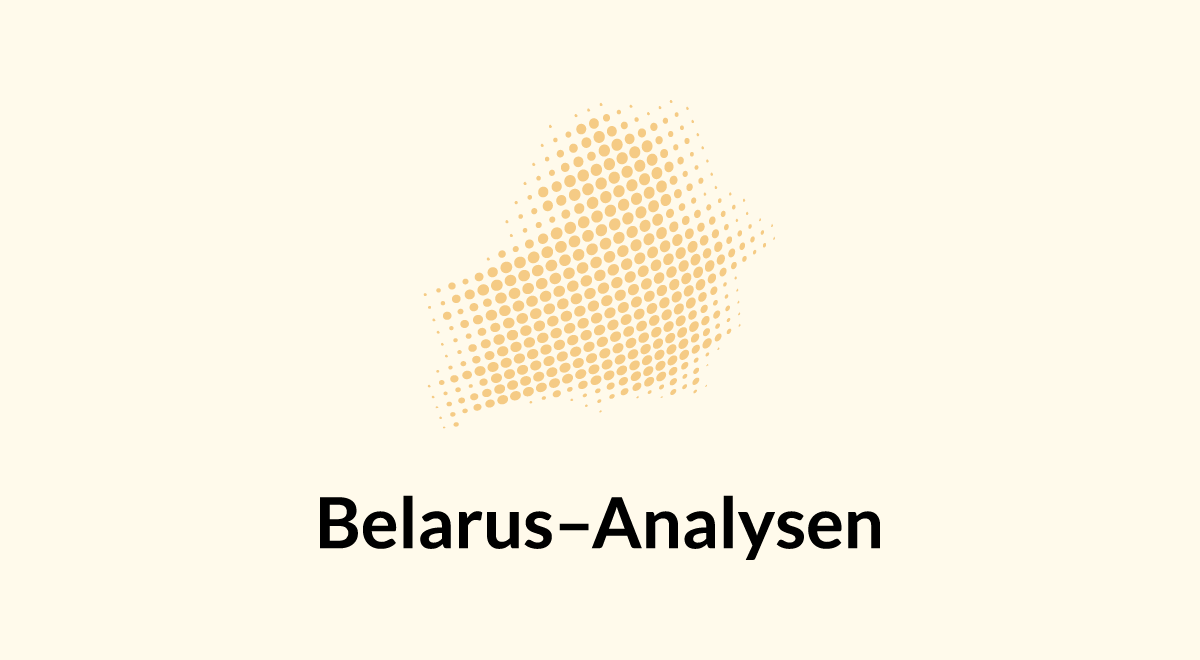 Analyse
Analyse Von Olga Dryndova
Parlamentswahlen im autoritären Belarus finden kaum internationale Beachtung, nicht zuletzt, weil die OSZE dort seit 1995 keine der Wahlen als frei und fair anerkannt hat. Die jüngsten Wahlen zum Repräsentantenhaus im November 2019 wurden vom Westen erneut nicht als demokratisch eingestuft; auch wird in der kommenden Legislaturperiode keine Oppositionspartei im Parlament vertreten sein. Dennoch lassen sich im Hintergrund des Wahlprozesses wichtige politische und gesellschaftliche Tendenzen in Belarus beobachten, die vor den kommenden Präsidentschaftswahlen-2020 sowie angesichts der unklaren Aussichten des Unionsstaates von Belarus und Russland an Bedeutung gewinnen. In diesem Beitrag wird die Tätigkeit der zwei unabhängigen Abgeordneten im belarussischen Parlament in den Jahren 2016–2019 analysiert, die Beteiligung der Graswurzelinitiativen, der Opposition sowie der regimetreuen Parteien am Wahlkampf erläutert, der rechtliche Hintergrund sowie die Ergebnisse der Wahlen dargestellt und ein Ausblick auf das kommende Wahljahr gegeben.
Zum Artikel ![]() Artikel
Artikel Von Nadja Douglas
ZOiS Report 6/2020 State-society relations in Belarus have been tense for many years. The presidential elections in August 2020 and the mishandling of the ongoing Covid-19 pandemic have proved to be the catalyst that brought these fragile relations to a complete breakdown. Over the years, the widening gap between a new generation of an emancipated citizenry and a regime stuck in predominantly paternalistic power structures and reluctant to engage in political and economic reforms has become increasingly evident. The deteriorating economy during the last decade and the perceived decline of the country’s social welfare system have been important factors in these developments. At the same time, the regime has continued to invest in its domestic security structures to a disproportionate extent compared with neighbouring states, allowing the so-called silovye struktury (“state power structures”) to gain influence at the highest level of state governance. (…)
Zum Artikel auf zois-berlin.de